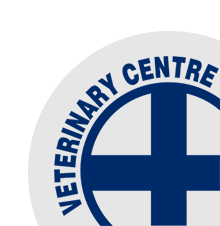Calf Weaning
/Making sure a calf is fully prepared before weaning reduces the chance that they will need preferential treatment post-weaning. Preferentially managing small groups of animals to 'catch them up' is time consuming and can be difficult to manage, so it is best avoided by good management early on.
Factors to consider before weaning calves:
1) Rumen Development - Are they consuming the desired amount of feed? Is its rumen sufficiently developed to be weaned off milk?
The only way this can be assessed is by measuring the amount of concentrate or pasture they are readily eating, which should be at least 1kg/day of meal or 2kg/day of pasture.
2) Weight – Individual calves should reach a minimum weight prior to weaning.
No specific weaning weight has been defined by research, however common weights used are 70kg for Jerseys, 80kg for Crossbreds, and 90kg for Friesians.
Reaching a minimum weight is an important milestone as it indicates that they are ready to transition from individual to group management.
3) Age – A combination of weight and age is often good to use when making the weaning decision eg. a minimum of 8 weeks AND 90kg.
4) Ability to Compete Within a Group – Is the calf able to compete within the group before they are weaned? Any that aren’t should be held back until they are.
The aim is to have calves that continue to gain weight post-weaning - they should never lose weight or remain static. Some animals don’t thrive post-weaning so it is a good idea to weigh them 7-10 days post-weaning to make sure they have gained weight. Any that haven’t may need continued access to calf meal, regardless of weight or age, or examination by a vet.
Relocating Calves
Relocating calves can result in growth checks or be a trigger for other animal health issues including pneumonia, scouring and parasites. Recently weaned calves are at particular risk as they are also undergoing changes in diet, rumen development and are usually younger in age.
A few criteria to consider for relocating recently weaned calves include:
Fully weaned and off milk for at least two weeks.
Meet the minimum target weight for their age.
Transitioned onto a full pasture diet or supplement provided for transition.
Competing and coping well within the group.
Drenched and vaccinated.
In good health.



